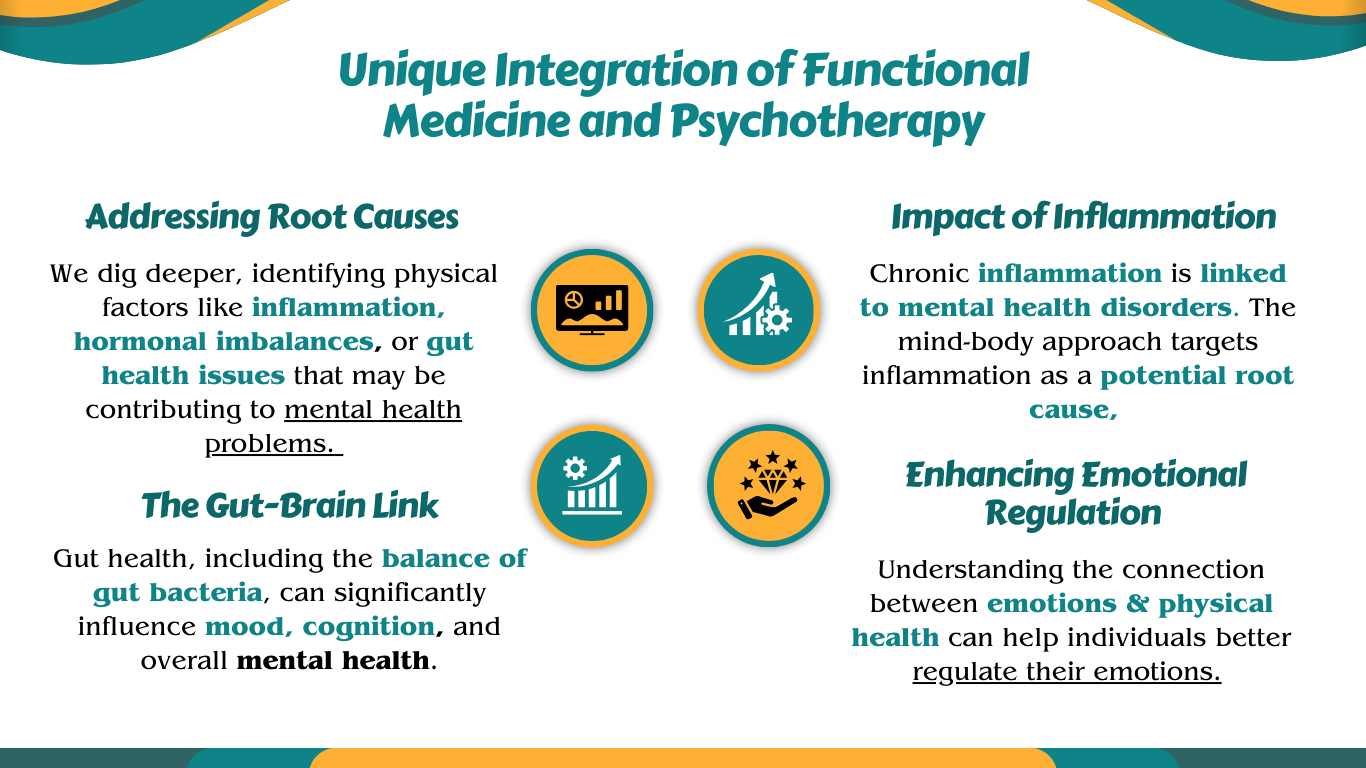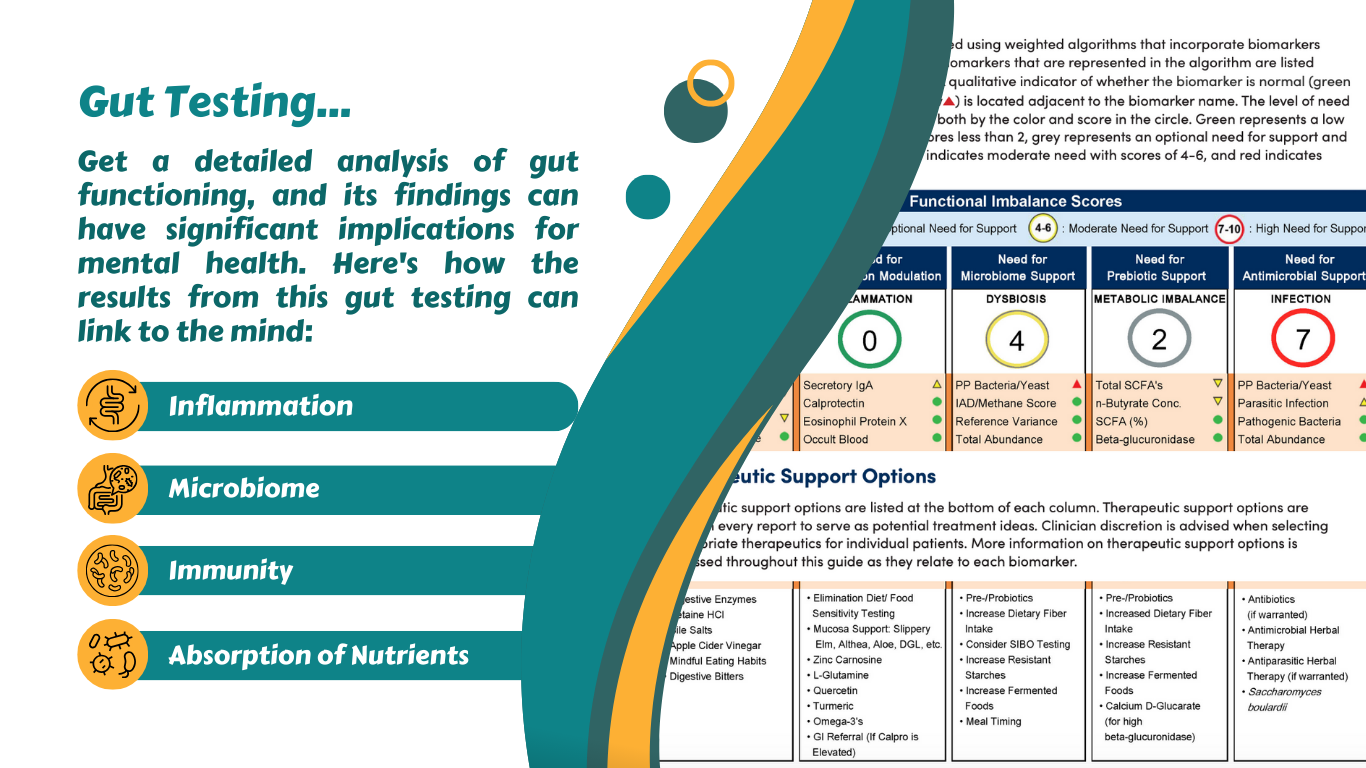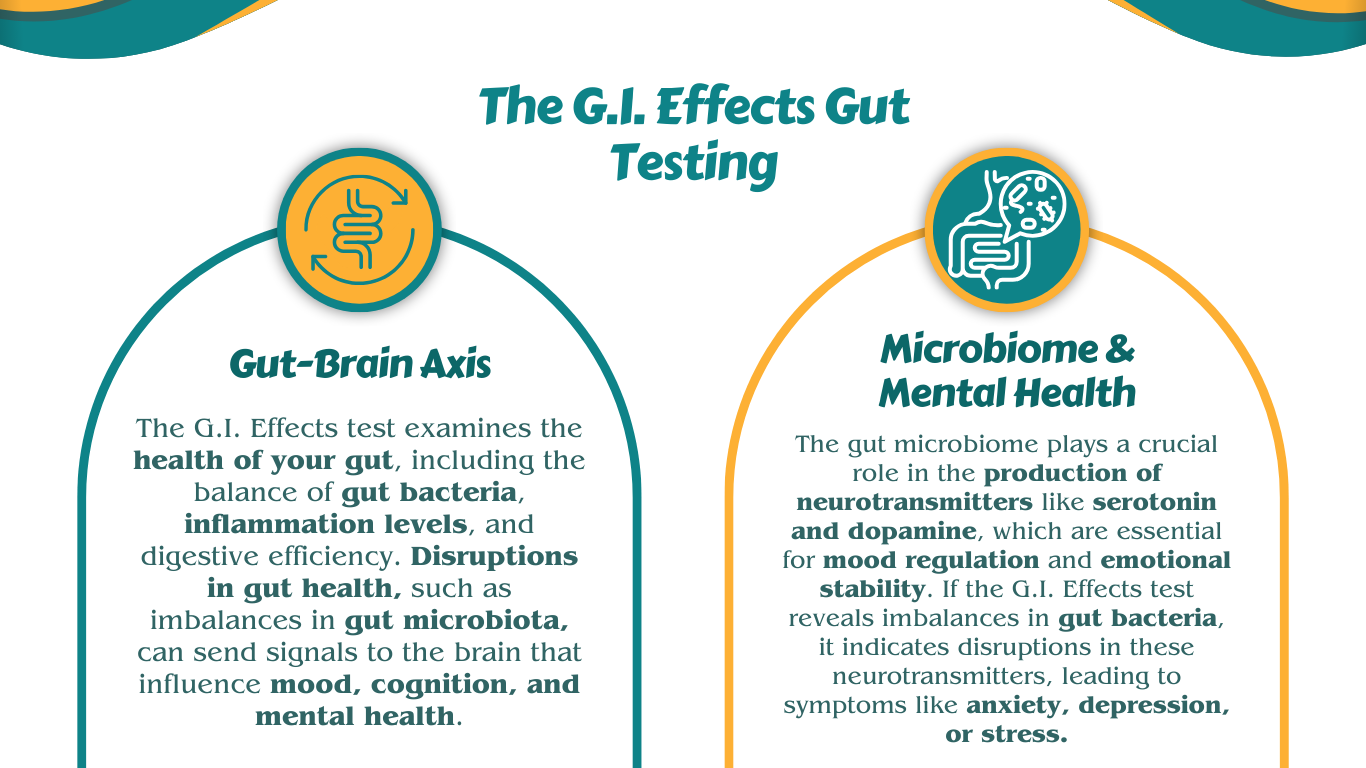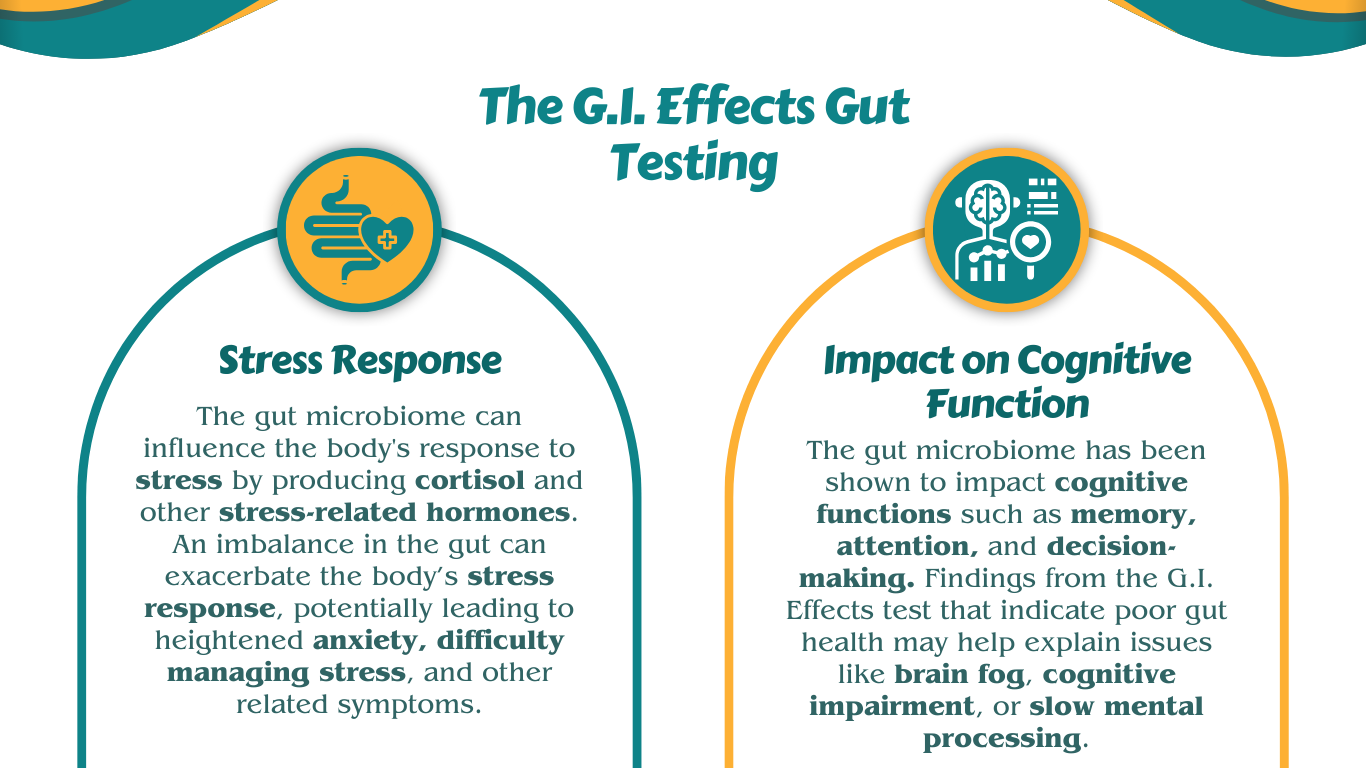mind & body assessment
mind - body
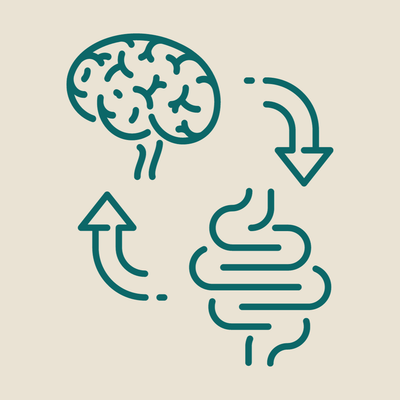
Why Mind and Body?
Western medicine and psychology, in theory and practice, tend to treat our minds and bodies as separate entities. However, the Islamic perspective encourages a believer to focus on the Mind and Body intertwined - a beautiful demonstration of this can be found in our five pillars, which have no hierarchy and focus on the mind through shahada and salat and body with fasting and hajj.
How are they connected…
- We now know that the brain and body systems responsible for processing emotions are intimately connected through their hormonal apparatus, the nervous system, and, in particular, the immune system.
- Many researchers are now looking closely at these links and how psychological problems can be triggered by physical symptoms. Psychology professors found that an underactive thyroid gland can trigger depression-like symptoms, while hyperthyroidism can sometimes cause mood swings.
- Evidence also suggests that the intestine could be a cause of mental disorders. It not only receives signals from the brain, but also sends information there. This means that in addition to the nerve cells, immune messengers, intestinal hormones and bacteria also have an influence on the brain - and thus possibly control emotions.
- A core connection between the brain and body is inflammation, which is found to have a negative impact on the psyche.
how inflammation can impact mental health:
 Neurotransmitter imbalance
Neurotransmitter imbalance
inflammation may disrupt brain chemicals (neurotransmitters) like serotonin and dopamine, leading to mood imbalances.
 Hormonal disruption
Hormonal disruption
Inflammation can affect stress and hormone levels (e.g., cortisol, estrogen), impacting mood and cognition.
 Neuroinflammation
Neuroinflammation
inflammation within the brain itself can cause cognitive disruptions and mood problems.
 Oxidative stress
Oxidative stress
Inflammation may increase oxidative stress, damaging brain cells.
So, you may be asking yourself how this very important link can be used to help support our clients holistically. Our Doctor has teamed up with a very impressive sister who is a Nutritional Therapist with a functional medicine approach. She has a passion for understanding the root causes of poor health and disease from an analytical perspective via drawing upon clinical understanding, functional medical testing, and analysing the role of food/lifestyle and the effects of the body on a cellular level.
This exciting partnership came about as both practitioners enjoy looking at the mind and body through an analytical and holistic lens. We are offering an extremely rare and unique integration between both functional medicine and psychotherapy.
Functional medicine testing
We are now offering a series of functional medicine tests alongside one’s therapy to understand not only what is deeply rooted in your psyche, but how it can link to your body. This gives us a unique new insight, allowing us to journey with you whilst keeping in mind what your body is experiencing. Each test result will be accompanied by a report providing a detailed summary of what can be gathered from your tests and factors that may impact your mental health.
functional testing we offer:

Adrenocortex Stress Profile
This test provides an assessment of the Hypothalamic-Pituitary-Adrenal (HPA) axis using carefully timed salivary samples of the hormones cortisol and DHEA. Imbalances in adrenal hormones can have a wide range of negative consequences including fatigue, mood disorders, weight issues, and cardiovascular disease.

Hormone Check
The One Day Hormone Check™ is a salivary collection that provides information about the impact that shifting hormone levels can have in men and women. It can reveal imbalances of primary sex hormones and how they relate to other hormones, such as DHEA, cortisol, and melatonin.

Gut Stool Test
The GI Effects® Comprehensive Stool Profile provides valuable insight into digestive function, intestinal inflammation, and the microbiome. This profile can reveal important information about the root cause of many common gastrointestinal symptoms that are often linked to the mind, which is known as the gut-brain axis.

Functional DX Ultra
The blood tests carried out by FunctionalDX differ from the traditional blood tests that your doctor might have referred you for in the past. This advanced form of testing can help to identify any hidden health trends, often before you receive a diagnosis from a standard blood test. Rather than just searching for abnormal lab results, the FunctionalDX software uses its unique and powerful algorithms to assess over 80 different blood markers which reveal areas of functional deficiencies (or wellness) in all of the main systems of the body; from hormone function to immunity, heart health to bone health. This helps to provide a clear and comprehensive understanding of your current health state and can pinpoint the likely root causes of your symptoms before they progress into a diagnosable condition. With this information, the relevant diet and lifestyle changes can be implemented as a preventative measure and get you to optimal health.

DNA pal
Imagine a test for a subset of over 800,000 SNPs (pronounced snips are small changes to the DNA code that can have a big impact). These markers cover digestion / intolerances, metabolism / appetite control, stress, immunity, nutrients, stimulants, exercise, sleep and many many more. As your DNA doesn’t change, there’s no need to test again. You will be able to continually receive new insights about your genes throughout your lifetime as research in this field grows.


